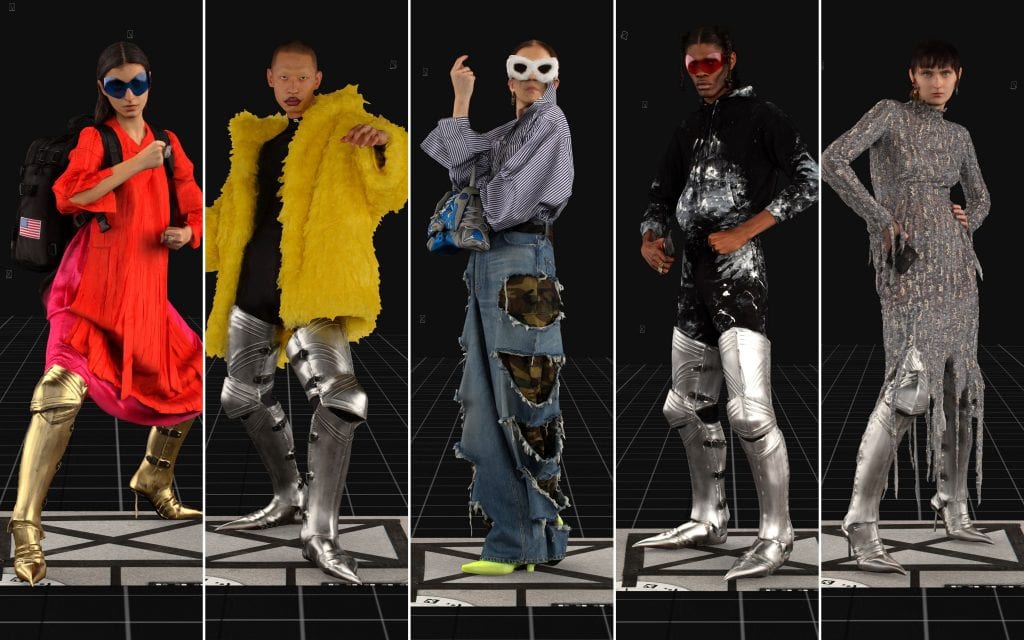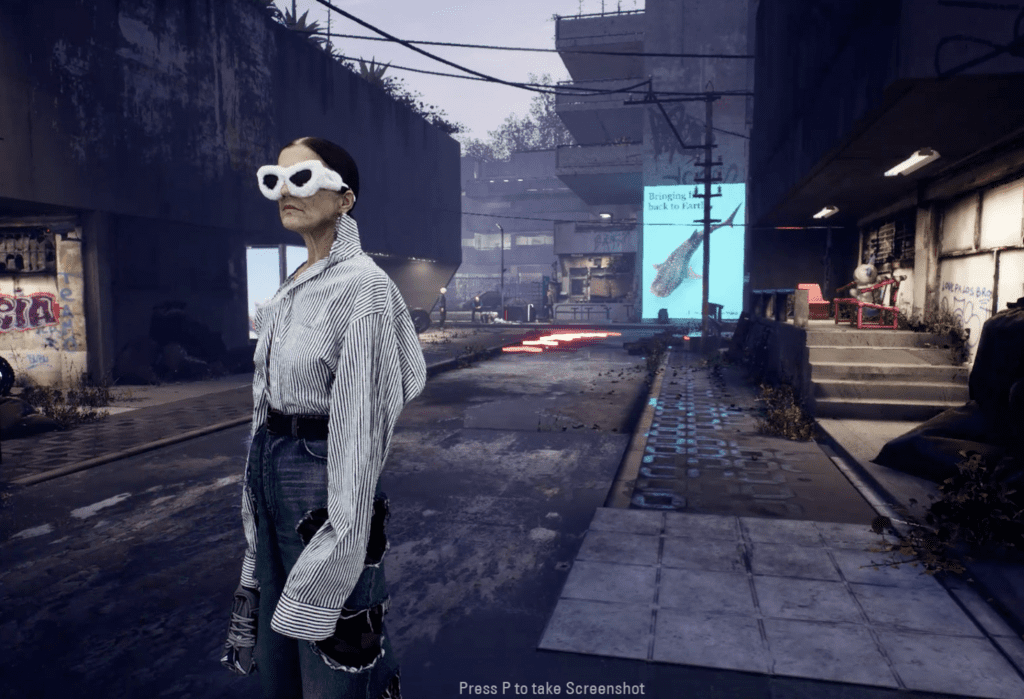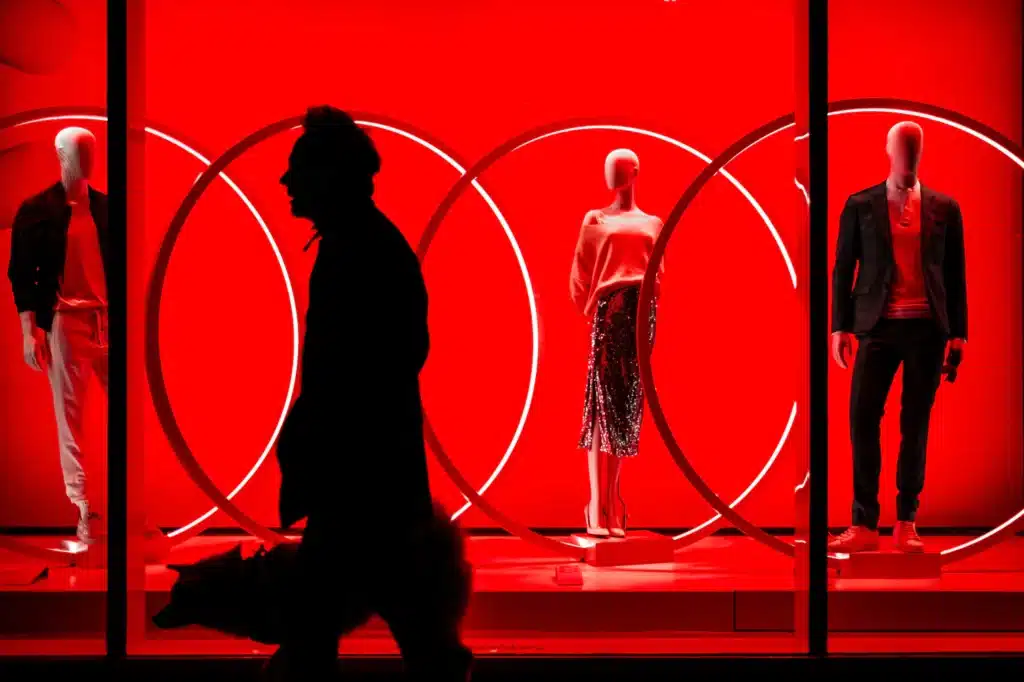While COVID-19 continues to restrict the daily lives of consumers across the globe, the gaming and e-sports landscape is booming. In conjunction with this growth, there is an upward trend in fashion brands looking to use gaming and e-sports to market or advertise their products through in-game items, skins and broader brand partnerships. Enter: the rise of fashion gaming, a development that is presenting opportunities for fashion brands to reach consumers. At the same time, however, this burgeoning trend presents a number of legal issues for brands – fashion or otherwise – that are looking to leverage the popularity of gaming to promote their products.
Sports franchises and fashion brands have a long history, and one does not have to think hard to recall a variety of iconic football kits, running shoes and other apparel. Luxury fashion brands have also historically sought to utilize the power of sport to market themselves. Notable examples include Wimbledon’s partnership with Rolex, which dates back to 1978, Louis Vuitton’s recent collaboration with the NBA, Hugo Boss’ sponsorship of five leading European football clubs, and Prada’s longstanding tie-up with the America’s Cup.
A more recent phenomenon, however, is the increasing willingness of fashion brands to move into the world of gaming. Although gaming and fashion might have seemed an unlikely match just a few years ago, fashion’s readiness to collaborate – as evidenced by Gucci’s collaboration with Fnatic to create a limited-edition dive watch; Louis Vuitton partnering with Riot Games to provide the travel case for the League of Legends World Championship trophy and a range of Puma apparel agreements with various e-sports teams globally – should be unsurprising given the size of the gaming and e-sports markets, and the levels of consumer engagement that bring with them.
Within the world of fashion and gaming tie-ups, the branding of in-game items is proving to be an increasingly popular concept: Louis Vuitton has already introduced in-game skins for characters in League of Legends, as well as creating a real-life League of Legends clothing collection; Valentino, Marc Jacobs and Anna Sui all released in-game looks in Animal Crossing; Tissot watches can be purchased using in-game currency in the NBA 2K gaming series; and Balenciaga recently announced that they would be launching their Autumn/Winter 2021 clothing collection via a new game titled, Afterworld: The Age of Tomorrow.
As the gaming market continues to boom it is likely that fashion brands will look for further opportunities to advertise their brands to the ever-growing gaming community through in-game items; however, we see two major issues to unpick when negotiating the inclusion of these assets in collaboration or sponsorship agreements: licensing of intellectual property and revenue-sharing arrangements.
First, branding an item in-game involves a number of intellectual property rights, including design rights in items featured in-game (and potentially copyright in such designs as well), together with the fashion brand’s trademarks and any associated goodwill. The ownership and licensing of all these rights will need to be properly addressed in the sponsorship agreement. For example, the fashion brand will have to license into the game its garment/apparel designs and any trade marks appearing on them, but might have to be circumspect about the warranties it gives around use of its trade marks in case it does not have appropriate registrations in the applicable video game-related categories. Approvals are also likely to be a heavily negotiated area as fashion brands seek to ensure that the representations of their items in-game are satisfactory.
Meanwhile, if a fashion brand wants to make use of imagery and footage of the game featuring its branded items, that will necessarily involve licensing of the copyright in the underlying game.

Secondly, both sides will want to consider how they view the opportunity. Does the fashion brand simply want to use games as a vehicle to market its products? Or does it see in-game items as a direct revenue-generating opportunity in which they would like to receive a share of the proceeds of any purchases of their branded in-game items? And does the rights holder being sponsored see either of the foregoing approaches as the best way of maximizing the value that they receive from the sponsorship (e.g. could offering a revenue share on in-game items lead to a higher up-front sponsorship fee)? If a revenue share is desirable, this then leads on to a series of issues such as reporting, audit rights, calculations of royalties, etc., all of which will need to be thought through in the sponsorship agreement.
While these legal issues relate specifically to introducing in-game items into a brand partnership/sponsorship agreement, other more general factors must also be considered when entering into a games/e-sports partnership with a fashion brand.
First is the question of brand fit. Some fashion brands may not want to have a branded character skin or other branded item in a game that depicts severe violence or has a PEGI rating of 18 (or otherwise be associated with that sort of game). This is really matter of due diligence, but should extend to an evaluation of whether the ‘ecosystem’ of the applicable game (and the structure of its e-sports set-up, geographical and demographic appeal, etc.) match the brand’s goals. Equally, the game, league, team or player being sponsored will want to ensure that the brand is the right fit for their audience (particularly as the e-sports audience is a discerning one that is quick to denounce partnerships that are not “authentic”).
Aside from the issues discussed above regarding the placement of branded items in-game, intellectual property rights are complex in gaming and e-sports more broadly. Publishers own the underlying IP in the relevant game, the licensing arrangements under which tournament organizers, but teams and players are permitted to use it, and the position as to who can license copyright in tournament broadcast footage, practice gameplay, etc., will vary significantly on a case-by-case basis. Accordingly, games and e-sports rights holders (certainly below publisher level) will need to ensure that they have all the necessary rights to fulfil the offer that they make to a potential sponsor, and will need to structure the warranties and indemnities they offer accordingly. Fashion brands should also be keenly aware of asking the right questions about the rights that they are looking to procure and obtaining appropriate contractual protection.
In addition, although e-sports (and professional gaming activity more broadly) is becoming increasing sophisticated, whether that be through organized (and progressively more regulated) e-sports competitions or via the increased prevalence of professional streamers, the landscape is still very much an evolving one. As sponsorship deals are becoming longer term – morphing from season-by-season deals to three to five year partnerships – it is in both parties’ interests to ensure that the sponsorship agreement is flexible enough to adapt to a changing landscape and that, if there are bumps along the road, the agreement provides mechanisms to address those (for example through replacement rights or expert determination clauses) rather than forcing the parties towards potentially more confrontational and acrimonious legal processes.
The current boom in gaming and e-sports shows no signs of letting up. For as long as gaming and e-sports continues to be popular, fashion brands (or other types of brands) will continue to seek to advertise or commercially exploit their products in the virtual gaming world. However, while an exciting area full of opportunities, it is also a complex one that presents a range of idiosyncratic legal issues. It is in all parties’ interests to get a grasp of these issues to ensure that the worlds of fashion and gaming can continue to create innovative partnerships going forward.
Will Deller is an associate in Bird & Bird’s Media, Entertainment and Sports Group, based in London. His sports practice is focused on commercial/contractual matters, though he also has experience in advising on league structuring, rule drafting/interpretation and other regulatory issues.











